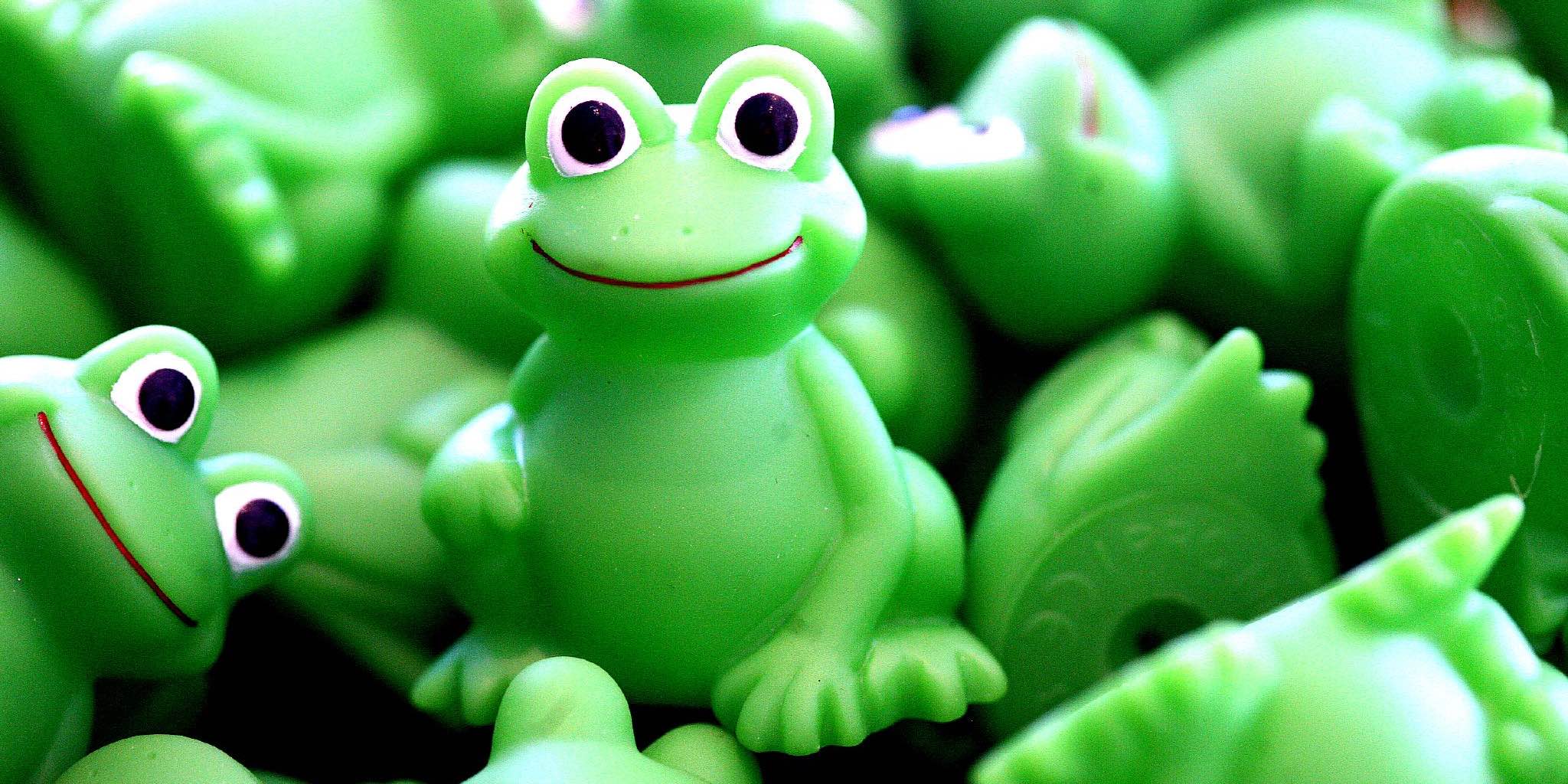
Everyone talks about changing the world. Starry-eyed socialists. Millennials. Entrepreneurs. Millennials who think they’re entrepreneurs but are really just freelancers, gig workers or unemployed slackers. Even corporate executives.
Pretty much everyone seems desperate to have their work mean more than just a paycheck, so CEOs are scrambling to infuse a sense of purpose – something beyond revenues and profits – into their corporate missions.
Whether the world is actually becoming a better place since everyone decided it needed to change is neither here nor there. The genie’s out of the bottle on this change the world thing and it’s never going back. Ever.
Related: The Myth of the Visionary Leader
The question is, do our grandiose visions of global influence have any basis in reality or are they just the delusions of an increasingly narcissistic culture? Can our lofty dreams become self-fulfilling prophecies or are we destined to plummet to Earth when our overinflated bubbles inevitably burst?
Changing the world is of course doable. Socrates. Shakespeare. Picasso. Einstein. King. The founding fathers. The Beatles. Apple. It’s a long list, but not nearly as long as you’d think. Changing the world is a thing, but it’s a rare thing. It takes a special individual or organization under unique circumstances. The planets have to sort of align.
If it were somehow possible to make a list of all the people and organizations that could credibly claim to have changed the world, it would be a relatively short list and a tiny, tiny fraction of all the people and organizations that have existed since the beginning. And yet, today, pretty much everyone thinks they can do it.
Clearly, there is an enormous gap between reality and vision.
So how do we reconcile that? Well, we can’t. This is not utopia. If even a fraction of us who think we can change the world actually did, we’d be living in a constant state of chaos. Luckily, that’s not how things work. The world is a very big place, the status quo is surprisingly sticky and people are incredibly resilient to change.
Related: The ‘Collaboration Is King’ Myth
But we can explain the gap – how such a rare and unlikely phenomenon has somehow become everyone’s mission in life. Here’s how it works.
Anyone can start a Kickstarter or GoFundMe campaign. Anyone can create a hashtag or have a following on Twitter or Instagram. Anyone can have a Facebook page and a personal brand. Anyone can sell their wares on eBay and Etsy. Anyone can write and sell a book on Amazon. Anyone can have a website and a blog.
In our internet-addicted minds, we’re all special. We can all create or be part of a project, cause or movement. Lead, follow or both, it makes no difference. We’re still special. Powerful. Unique. Bigshots. Capable of anything. Superhuman, almost.
Bullshit. It’s all perception. The online world provides the illusion of importance – of being different and being capable of making a real difference – never mind the reality that we’re mostly pretty average, boring and incapable of having a real impact. Like it or not, that is the key to understanding this phenomenon.
We don’t want to be average and boring. We want to feel important. We want to be rich and famous. So we click our lives away in a never-ending quest for attention and acknowledgment that we’re more than what we really are.
Related: The Myth of ‘Make the World a Better Place’
Want to know what this is really all about? Selfish greed and vanity. Ego and self-interest. Generation Me’s unprecedented narcissism and entitlement fueled by the virtual veneer of social media. Whether it’s your or your company’s mission in life, “change the world” is the selfie of missions.
It’s really all just fashion, but the effects are far-reaching. It provides an almost constant distraction that keeps us from doing what really matters – from focusing on our own lives, our own families and our own jobs. It keeps us from building successful businesses with real products, customers and employees.
The great irony is, our grandiose pursuit of changing the world only ensures that we never do.
Image credit Thomas Hawk via Flickr